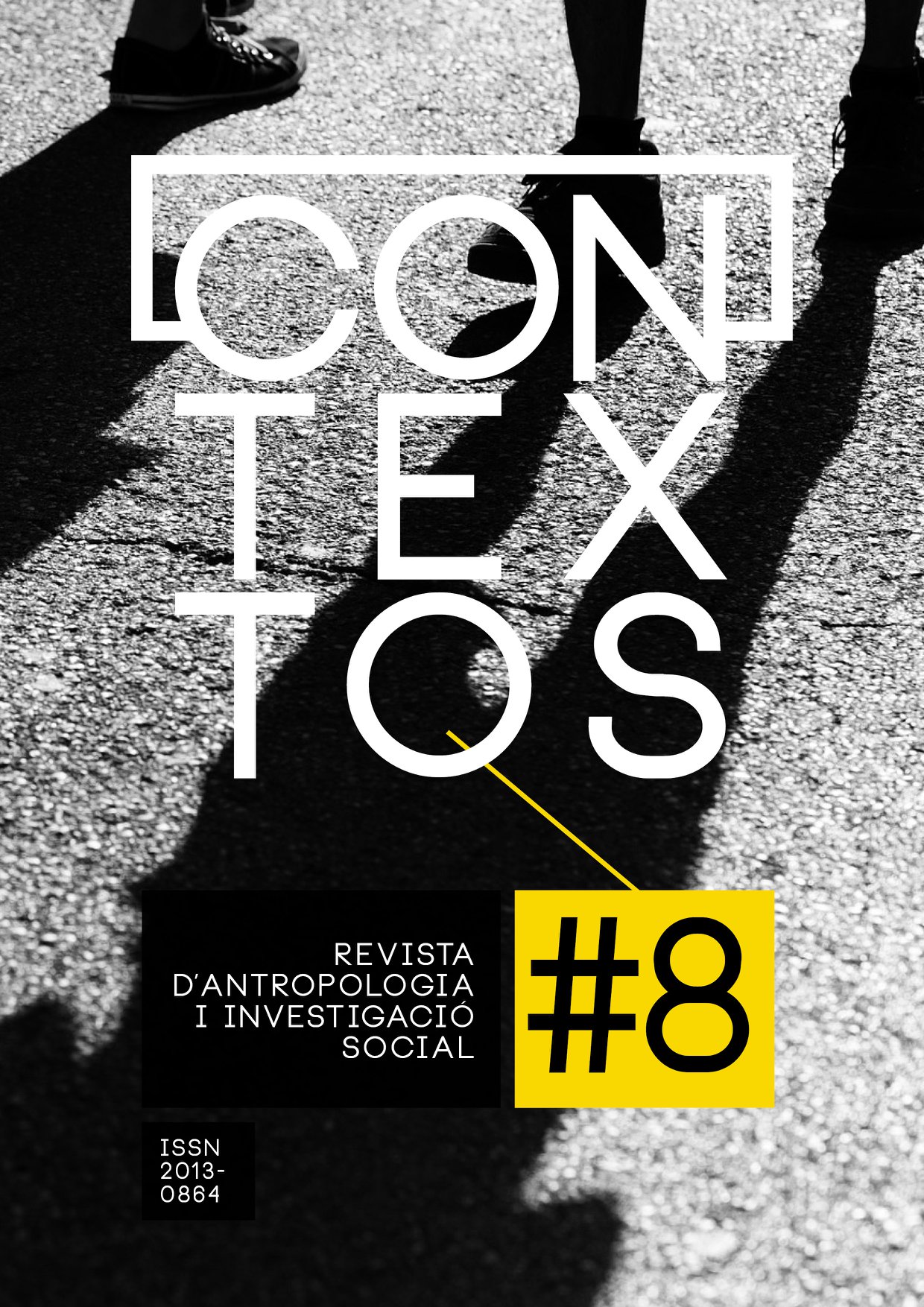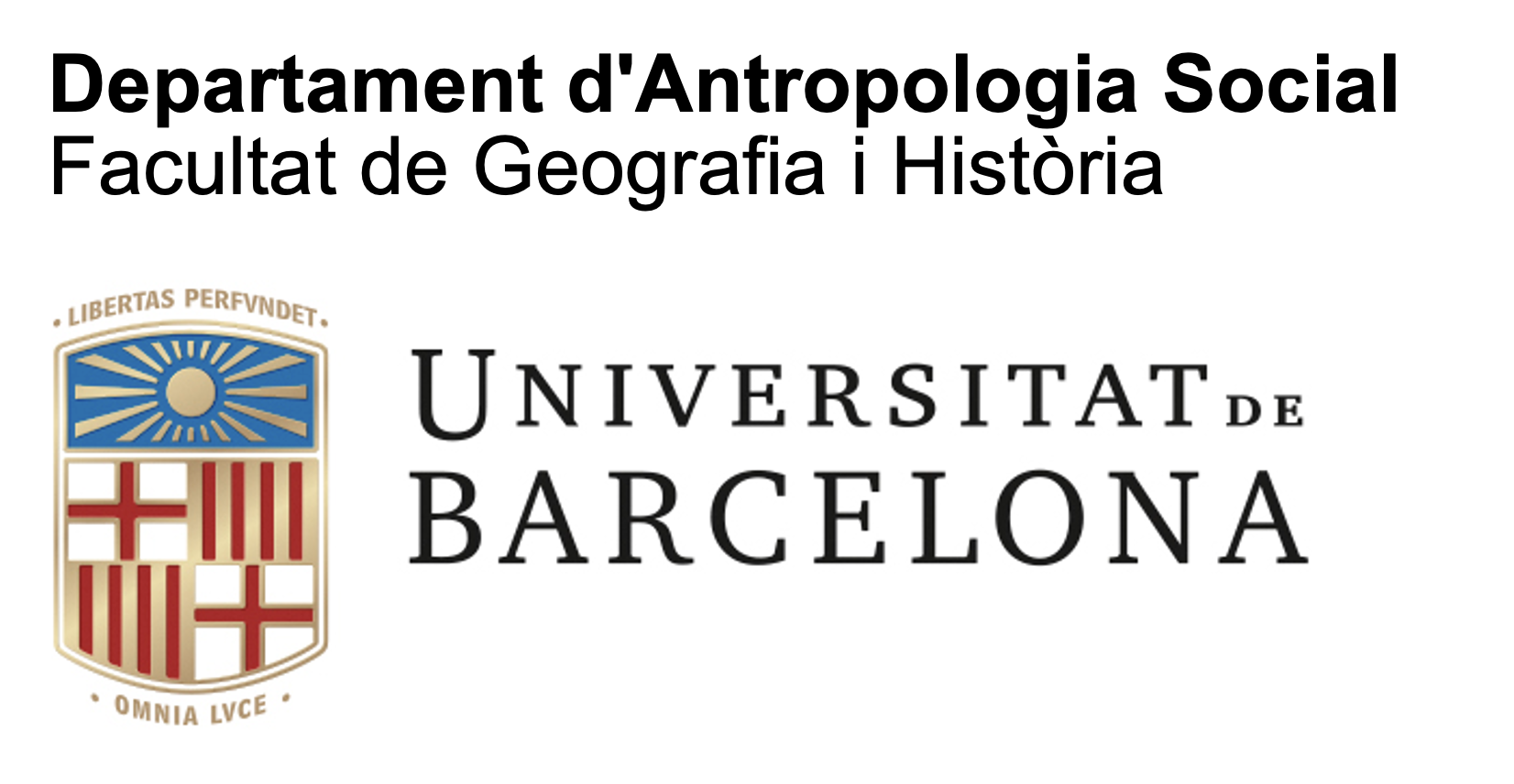From Process of Civilization to Policy of Civilization: A Holistic Review of the Chinese Concept Wenming
Keywords:
wenming, civility, suzhi, quality, hygiene, nationalismAbstract
In the past decades, the Chinese government has popularized the concept of wenming, translated into English as civil, civility, civilization or culture, through its political and practical use in the public space: banners, pamphlets, advertisements and clips on how to behave as a proper citizen. This paper analyzes the epistemological implications of a concept that signifies beyond its own terms. Thus, taking a holistic perspective and employing historiographical, linguistic and ethnographic sources, the author links the current wenming policy to a structure of power reproduced throughout Chinese history, and endorsed by the state even during the most revolutionary periods. This structural inequality works as a normalizing apparatus that excludes the rural over the urban –class normalization–, the ethnical other over the Han majority –racial normalization– and the feminine over the masculine –gender normalization. A process that has been marked by key historical milestones such as the emergence of Confucianism, Western imperialism, the birth of Chinese nationalism and the re-introduction of market economy in 1978. The author distinguishes this “process of civilization”, a sociogenetic, heterogeneous and multifocal phenomenon, from the concreteness of a political discourse conceptualized in the post-Mao era as a set of particular words and campaigns that the Chinese Communist Party has been shaping since the early 1980s. Therefore, the title of this paper From Process of Civilization to Policy of Civilization describes a transition from the abstract historical process –the wenming process– to the specific political campaigns of wenming –the wenming policy–, being the latter the reification and institutionalization of the ongoing normative process described above.
Downloads
Downloads
How to Cite
Issue
Section
License
The authors who publish in this journal agree to the following terms:
The author retains the authorship rights, and grants (Con)textos: revista d'antropologia i investigació social the rights to the first publication of the article.
The author authorizes the reproduction and dissemination of their articles in indexing and abstract services, academic databases and repositories in which the journal currently or in the future participates. After No 13, texts will be disseminated with the Creative Commons - Attribution (CC-by) license as long as the author and the journal are acknowledged, no commercial use is made and no derivative works are generated.
Likewise, the authors can deposit the final version accepted for publication in institutional or thematic open access repositories. (Con)textos: revista d'antropologia i investigació social does not accept any responsibility for the views and statements made by the authors in their works.







